Brazil Stablecoin Ban Faces Pushback as Crypto Decentralization Grows
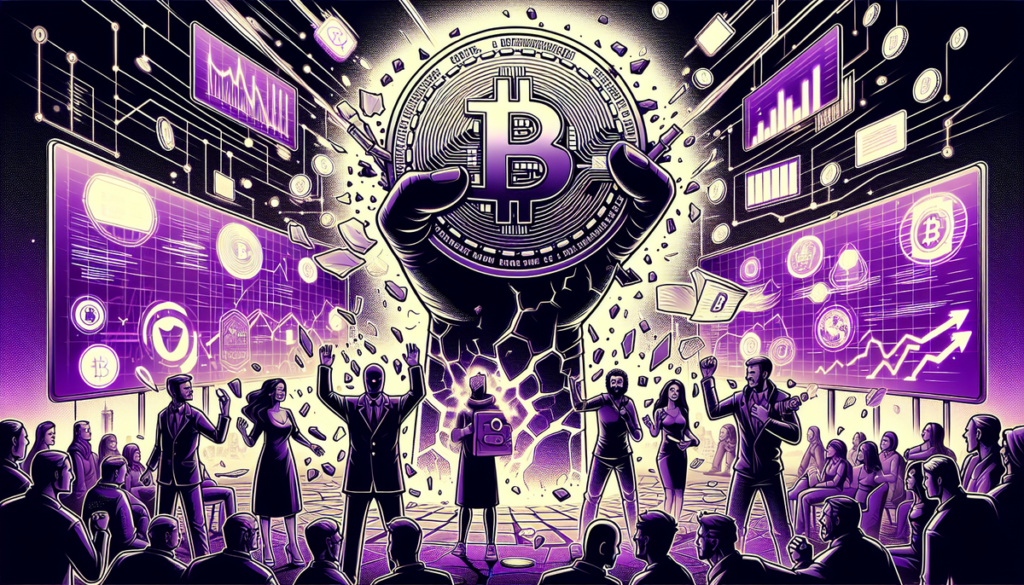
Ban Sparks Debate Amid Crypto Decentralization
Table of Contents
- Introduction
- Impact of Stablecoin Ban
- Rise of Crypto Decentralization
- Self-Custody and Regulation
- Future of Crypto in Brazil
- Conclusion
Introduction
The potential ban on stablecoins in Brazil has become a contentious topic in the cryptocurrency space, especially as the push for crypto decentralization gains traction. Stablecoins, which provide a secure bridge between volatile cryptocurrencies and fiat currencies, have increasingly gained popularity globally. As decentralization rises within the crypto community, concerns about regulations like Brazil’s stablecoin proposal have sparked significant debate.
Impact of Stablecoin Ban
Brazil’s proposed restrictions on stablecoins could have far-reaching implications for both consumers and businesses. By limiting access to stable-backed digital currencies, which act as a critical tool for financial stability, the country risks creating barriers to blockchain innovation. Such regulations could also hinder citizens from participating in decentralized financial ecosystems, affecting tools like decentralized lending and liquidity provision.
Rise of Crypto Decentralization
The growing appeal of crypto decentralization, particularly decentralized finance (DeFi), showcases how blockchain technology can operate independently of centralized intermediaries. By banning stablecoins, Brazil may inadvertently accelerate interest in fully decentralized protocols. Unlike stablecoins, DeFi alternatives allow users to exchange assets without reliance on third-party systems, ensuring independent custody and financial control.
Self-Custody and Regulation
Another angle impacted by the stablecoin ban is self-custody, where users maintain full ownership of their crypto holdings. Banning stablecoins would challenge some of the core principles of the blockchain revolution, such as autonomy and decentralization. Brazil’s policymakers must strike a balance between fostering innovation and ensuring regulatory compliance to build consumer confidence without stifling self-custody solutions.
Future of Crypto in Brazil
Despite potential legislative roadblocks, the future of cryptocurrency in Brazil remains bright. The country’s growing adoption rate of digital assets indicates an underlying demand for financial alternatives outside of traditional banking systems. While the proposed restrictions on stablecoins have raised concerns, they could serve as a starting point for broader discussions about crypto’s regulatory framework in Brazil. Clear and focused regulations will help crypto users comply without limiting access to groundbreaking technology, ensuring the industry’s sustainable growth.
Conclusion
Brazil’s possible stablecoin ban may prompt significant changes in its burgeoning cryptocurrency sector. While concerns about financial stability are valid, bans on innovative blockchain tools like stablecoins could instead drive users toward decentralized alternatives, challenging financial regulators to adapt to this shifting landscape. Policymakers in Brazil must consider crafting regulations that address risk while supporting blockchain’s technological evolution. As decentralization continues to thrive, the impact of such regulations will significantly influence Brazil’s role in the global crypto market.
For more insights on cryptocurrency trends and developments, explore our latest articles at Metacandle!


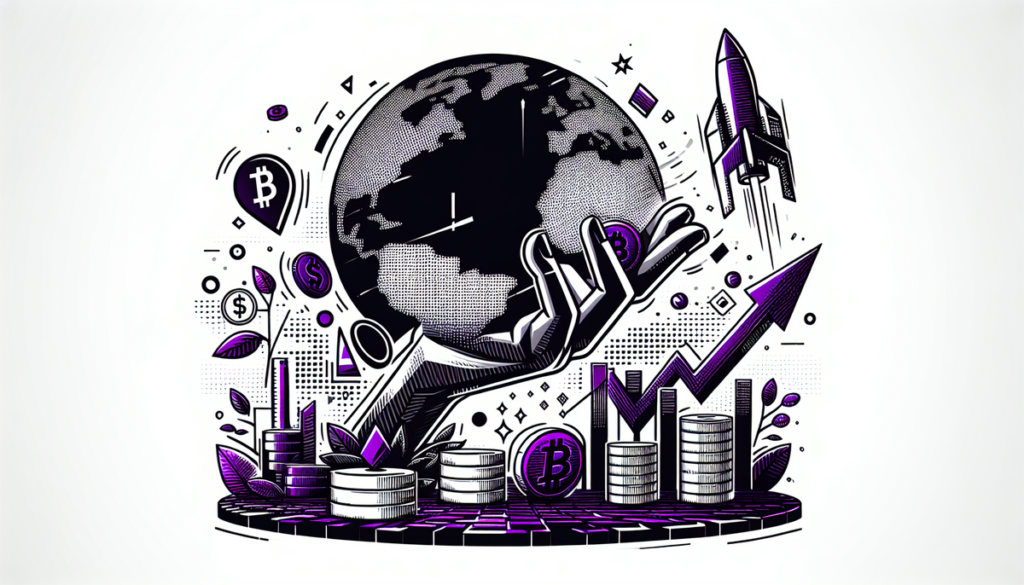
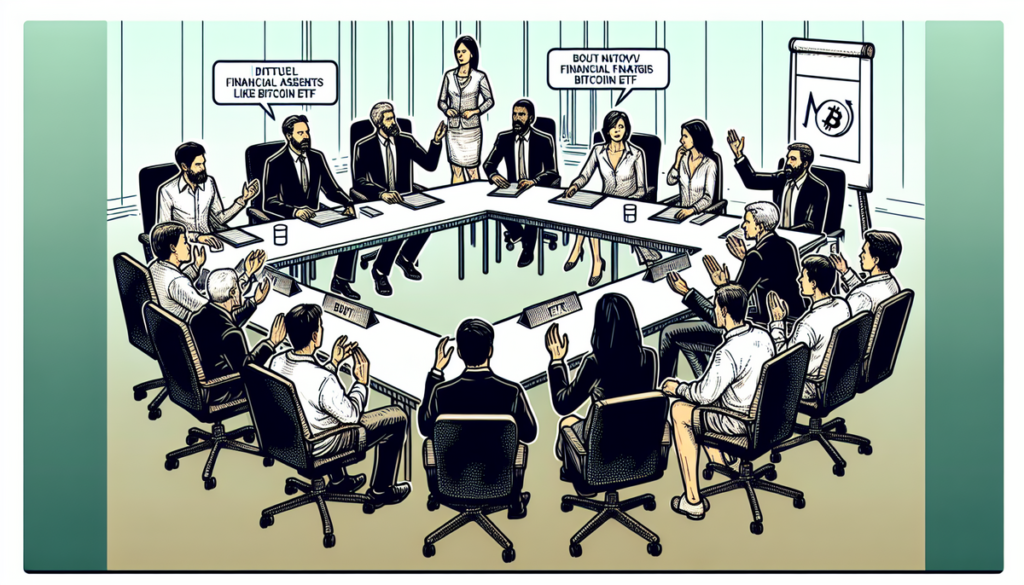
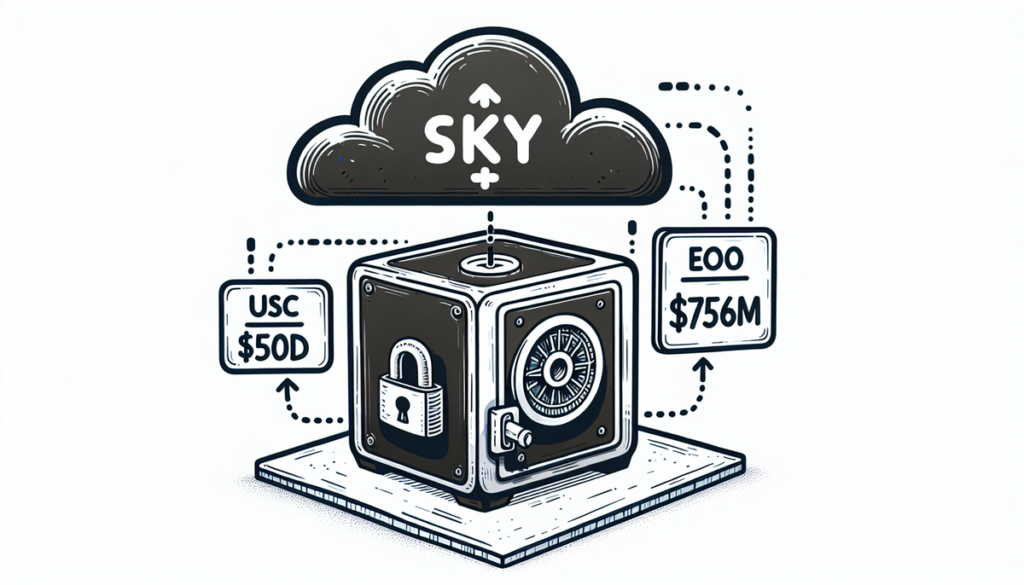
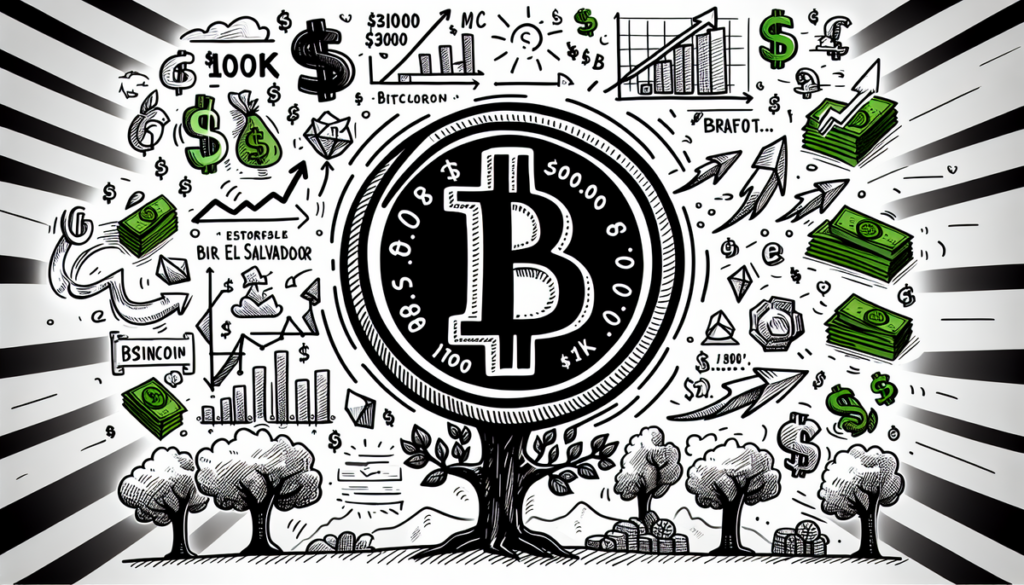
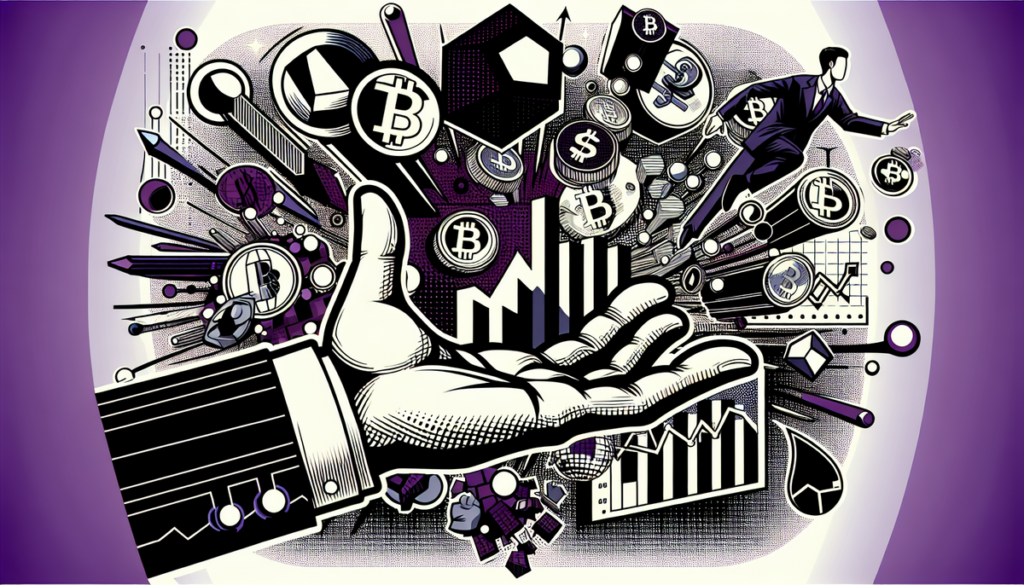
Responses